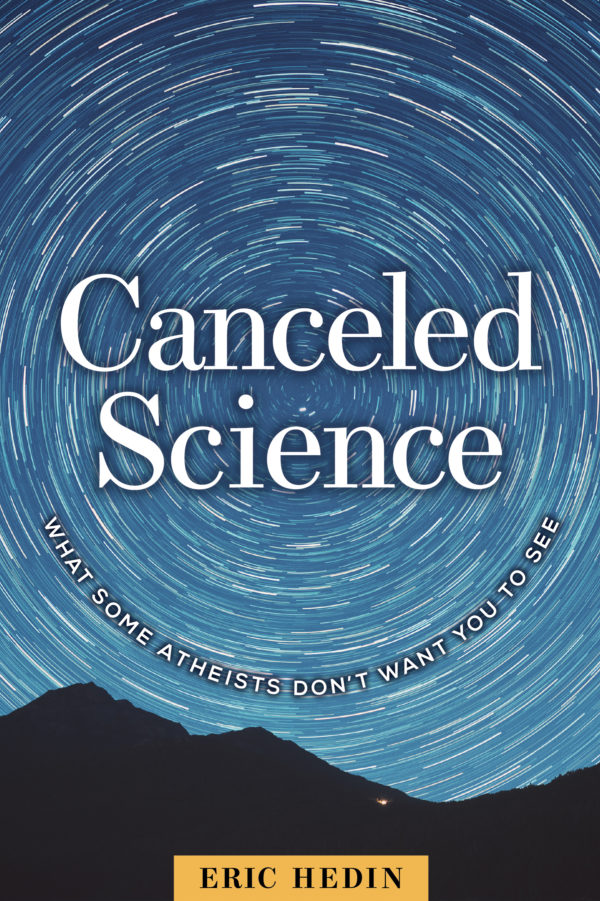Christianity really messed up science. Two of the 7 ways:
● The scientific method was created by a devout Christian, which burdens scientists with restrictive fundamentalist rules: The scientific method limits our science. We’re tired of fundamentalist Christians always imposing strict rules. Live a little, for goodness sake!
● Christianity gives people a transcendent meaning and purpose outside themselves, which is totally lame and anti-science: Science would be so much cooler if we could explore ideas like eugenics and DNA tampering and creating a race of robots to enslave humanity without worrying about morals and objective truth. What would go wrong?
“7 ways Christianity ruined science” at Babylon Bee

Note: You can download a sample chapter of Eric Hedin’s Canceled Science: What some atheists don’t want you to see
See also: Breaking News: Hitler vindicated because Darwin was the source of his ideas. Hey, Snopes! Fact check this!
and
At Snopes: Creationism “bears all the hallmarks of a conspiracy theory”
Curiously, Snopes admits, regarding the piece from The Conversation, “This content is shared here because the topic may interest Snopes readers; it does not, however, represent the work of Snopes fact-checkers or editors.” So… they can get away with publishing this kind of thing because they did not check it out? That is further evidence that Snopes is going downhill fast as a rumor squelching site.